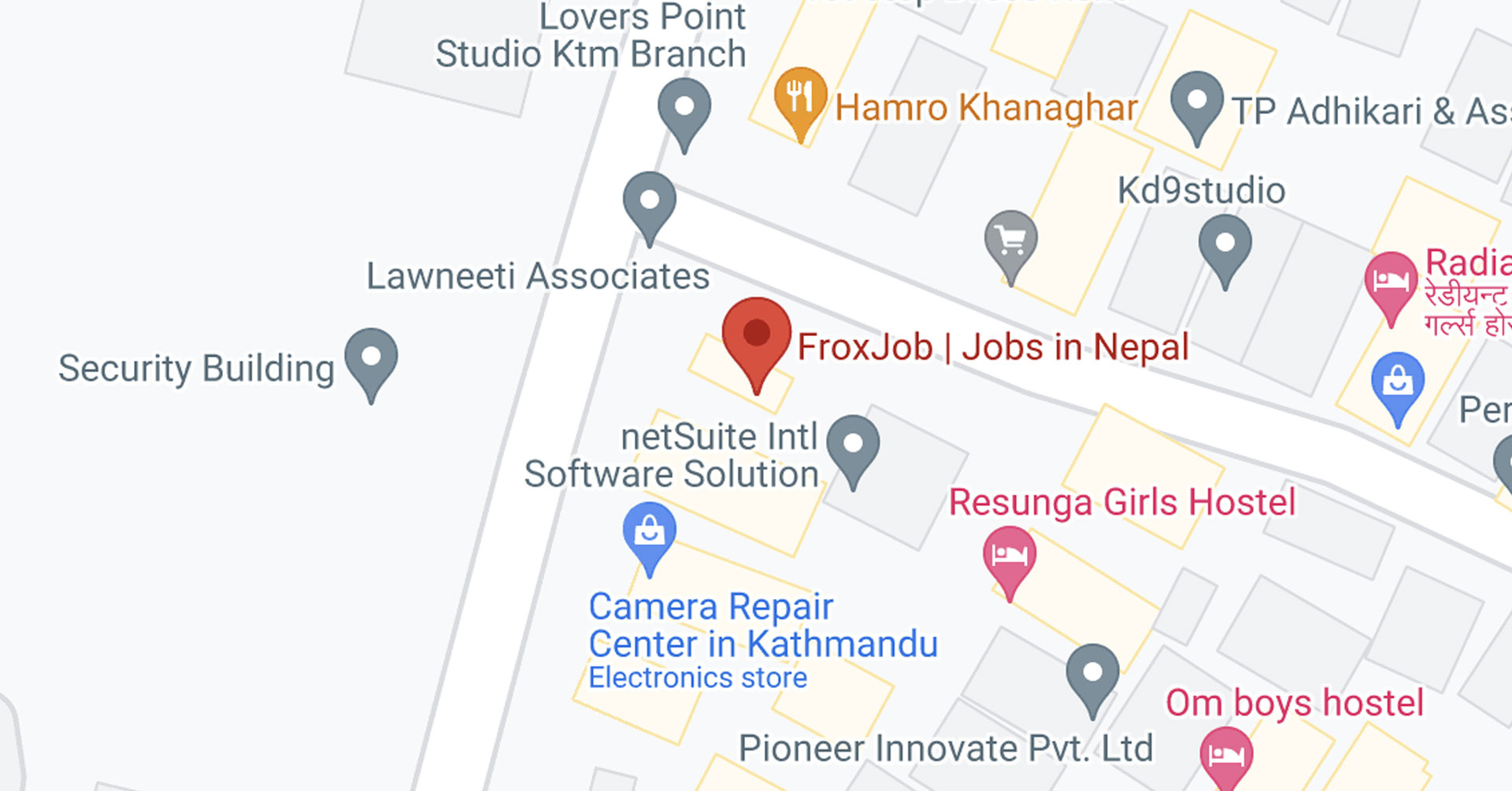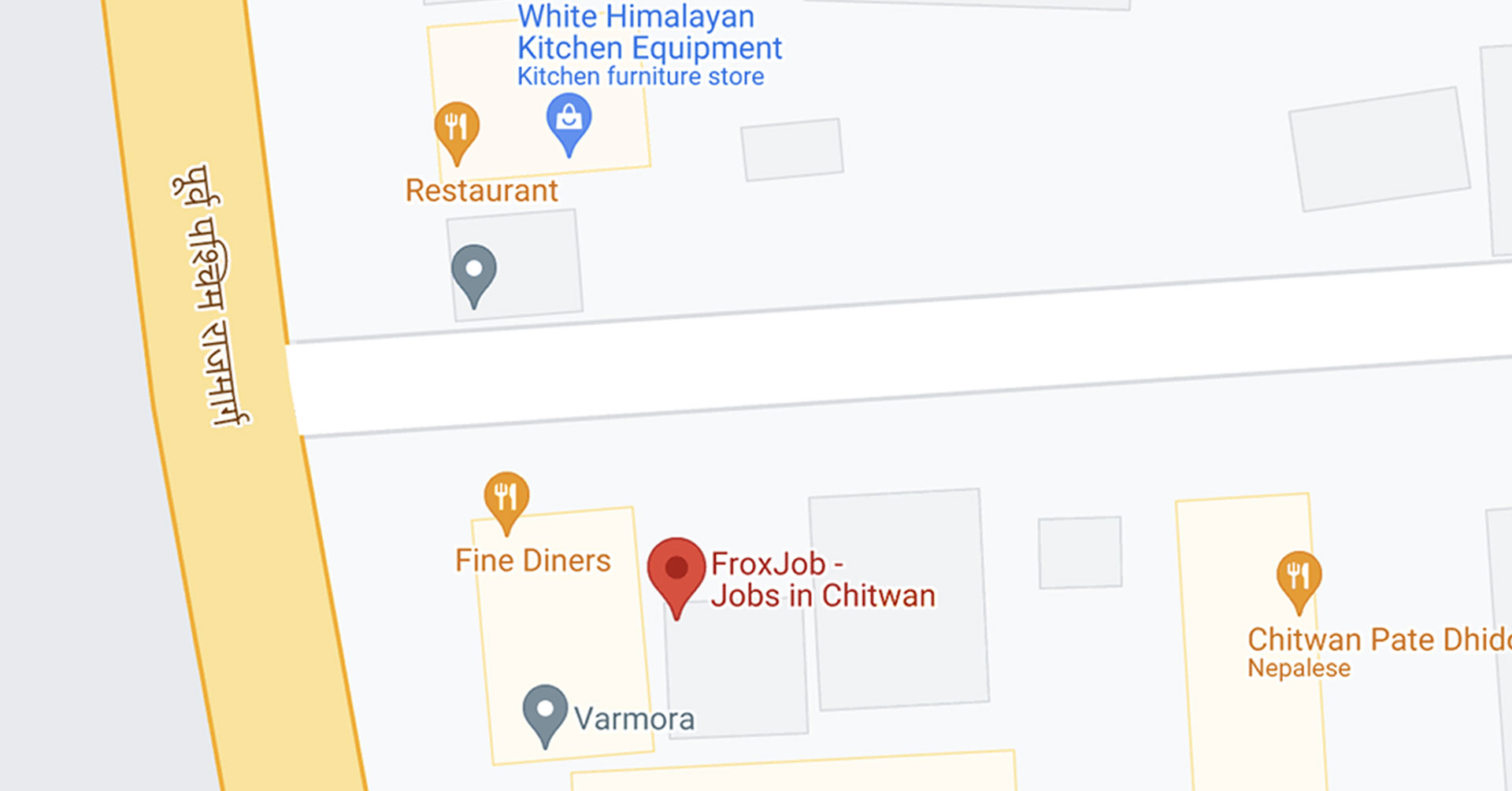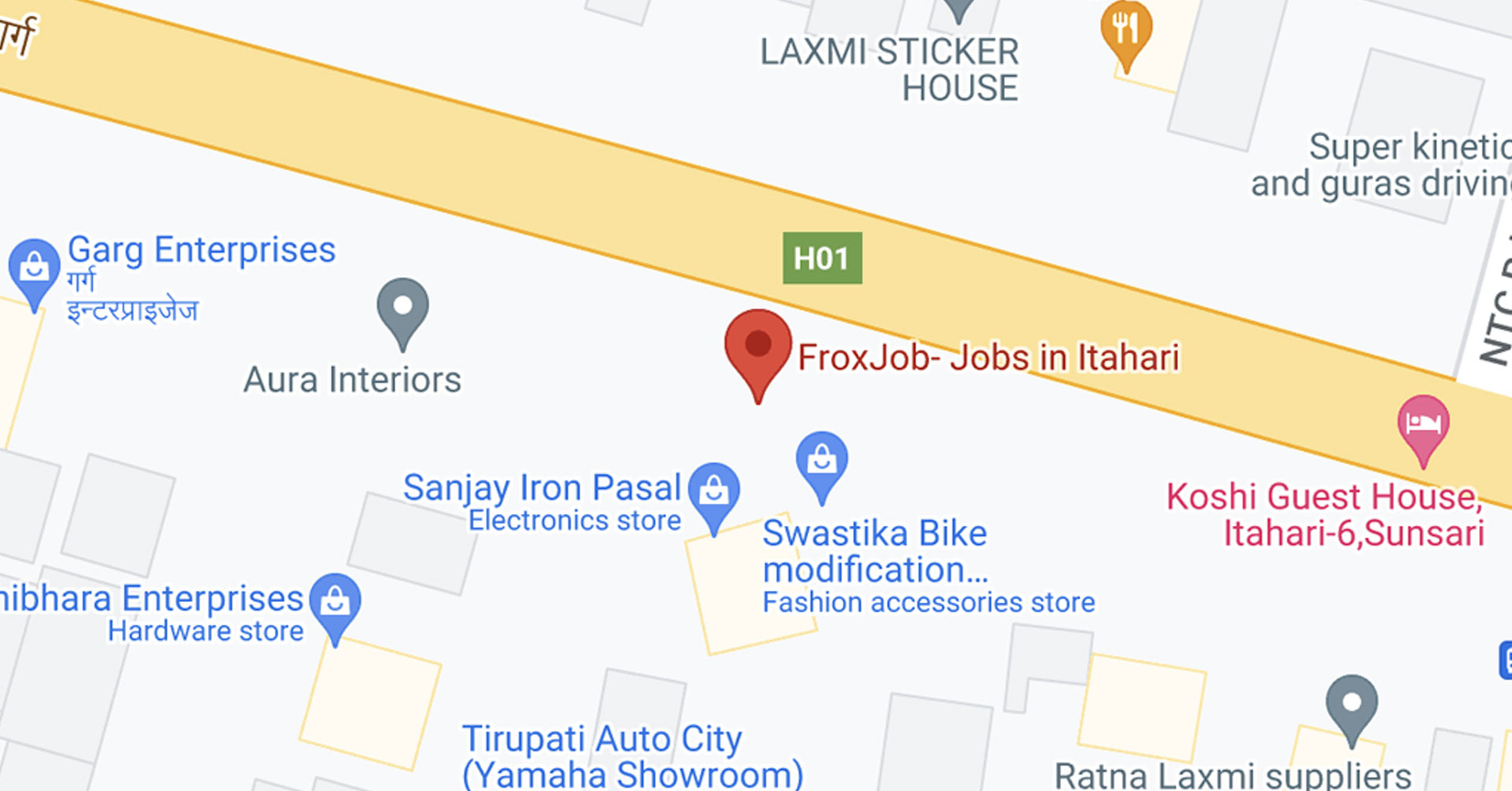Change in Labor Law

Change in Labor Law
Introduction
In today's changing employment world, labor law changes are crucial for setting workplace standards and maintaining compliance. Staying up to date on changes in labor rules is critical for HR professionals, companies, and organizations seeking to preserve fair practices, legal compliance, and a productive workplace. This blog offers a formal summary of typical labor law changes, their impact on companies, and best practices for responding to new legal requirements.
Overview of Labor Law Changes
Changes in labor law are generally defined as amendments, additions, or clarifications to employment-related regulations. These modifications may focus on promoting employee well-being, protecting workplace rights, tightening compliance requirements, and tackling new difficulties in the modern workplace. Understanding these modifications enables firms to make more informed decisions and match internal rules with regulatory requirements.
Key Areas Affected by Labor Law Amendments
1. Wage and Compensation Structure
Minimum wage, payment timelines, payroll transparency, and overtime compensation are all often revised regulations. Human resources departments must ensure that wage structures follow current regulatory standards and are clearly conveyed to all workers.
2. Working Hours, Overtime, and Leave Entitlements
Labor law changes may alter allowable working hours, mandated breaks, weekly rest days, overtime calculations, and the right to yearly, sick, or maternity leave. Aligning attendance and leave management systems with new requirements is critical for compliance.
3. Workplace Health and Safety Standards
Updated rules may include tougher safety guidelines, obligatory training, and improved risk management techniques. Employers are obligated to provide a safe working environment by implementing preventive measures and keeping correct documentation.
4. Employment Contract Requirements
Employers are frequently required to submit clearer employment contracts that outline duties, compensation, probation periods, and termination circumstances as part of revisions. Transparent recruiting and separation practices help to avoid disagreements and ensure compliance.
5. Employee Rights and Anti-Discrimination Policies
Labor law changes could improve protections against discrimination based on gender, race, disability, or other reasons. HR professionals must promote equal opportunity policies and ensure that employees are trained in inclusive workplace conduct.
6. Technology, Remote Work, and Data Protection
With the rise of digital workplaces, new policies may handle remote working arrangements, digital communication standards, attendance tracking, and data privacy obligations. Companies must adjust their internal policies to reflect these expectations.
Implications for Employers and HR Departments
For Employers
- Ensures legal compliance and reduces the risk of penalties
- Strengthens organizational reputation and trust
- Enhances employee satisfaction and retention
- Supports a structured and transparent work environment
For HR Professionals
- Requires timely updating of HR policies and manuals
- Ensures accurate payroll and leave management
- Enhances the effectiveness of employee communication
- Supports conflict resolution and compliance monitoring
Best Practices for Implementing Labor Law Changes
- Conduct a formal review of all updated regulations
- Update HR policies, employee handbooks, and contract templates
- Train managers and supervisors on compliance requirements
- Maintain clear documentation and audit trails
- Utilize HR software to streamline compliance tracking
- Communicate changes promptly and transparently to employees
- Seek legal consultation for complex regulatory updates
Conclusion
Labor law changes are essential for promoting fair, safe, and modern workplace practices. HR professionals and organizations must remain proactive in understanding and implementing these updates. By aligning policies, processes, and documentation with revised regulations, employers can ensure compliance, support employee well-being, and strengthen organizational credibility. A well-informed approach to labor law changes ultimately contributes to a more ethical, productive, and legally compliant workplace.





